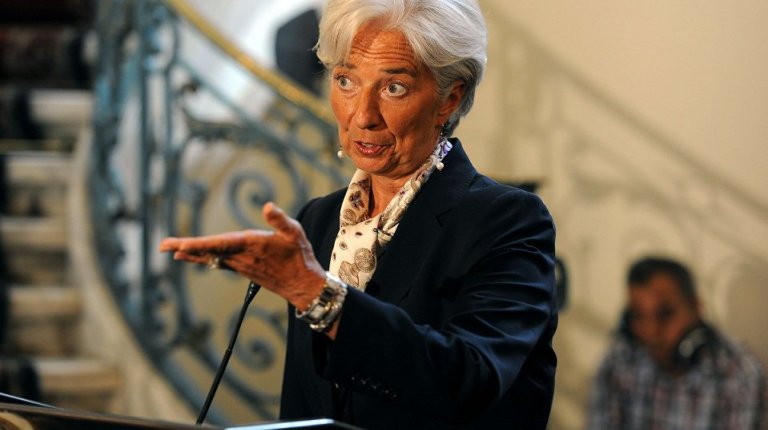*Estimates global cost of bribery at $2trn annually….
A research by the International Monetary Fund (IMF) shows that in countries with greater levels of corruption, infant mortality and
dropout rates are especially high, partly due to less spending on health and education.
It says that reduced investment in health and education tends to hurt poor people the most, and contributes to higher inequality.
“Corruption can lead to pervasive distrust in government, generating violence, civil strife, and conflict. And the results are devastating
for people,” the research findings indicate, adding that corruption is costly—particularly for those who are already worse off.
In addition to eroding the public’s trust in government and fueling unrest, corruption can hurt economic growth in other ways.

The research particularly indicates that, bribery one form of corruption, creates a tax on investment, making it more expensive and less appealing to potential investors, thereby limiting government’s ability to encourage foreign investment. “Bribes can also create significant uncertainty for an investor, and may dissuade the investor from making the investment decision in the first place,” says Sean Hagan, an IMF legal counselor in a video seen by Businessamlive.
In fact, an IMF study estimates that bribery costs roughly $1.5 to $2 trillion annually, or approximately 2 percent of global GDP.
He says corruption also impedes a government’s ability to carry out two of its main duties of revenue generation and spending
“First, corruption can undermine fiscal policy—taxes and spending,” he says, adding: “When a significant portion of the population does not pay taxes, the entire tax system can be delegitimized.”
This can leave countries unable to service their debts, which leads to financial instability.
On the spending side, corrupt officials are less likely to invest in things that promote inclusive growth and benefit society—like health
and education services. Instead they may choose wasteful construction projects for their ability to generate kickbacks.
According to social and economic watchers the report actually speaks to Nigeria, bringing to fore the current state of health and education in Nigeria being symptoms of the crass corruption that has being entrenched in the country.
With such dire social and economic consequences at stake, the IMF says the fight against corruption is a priority for it and its member
countries.









Problem with Nigeria Revision of first-hand account of the AGSMEIS programme (2)